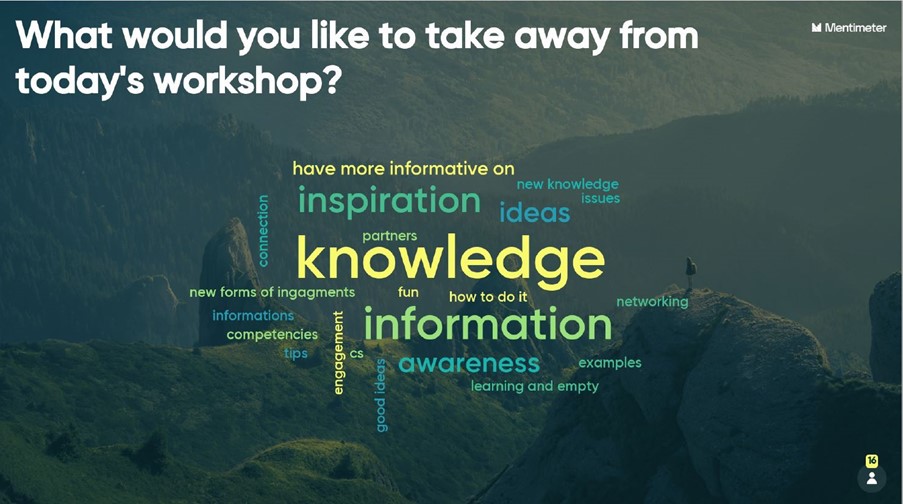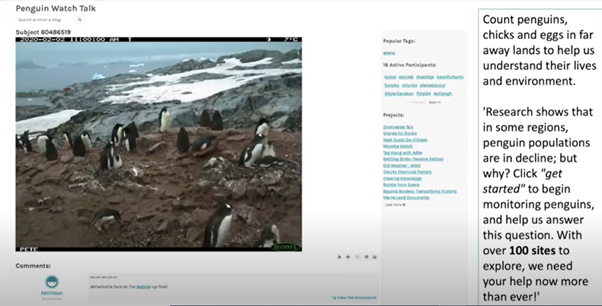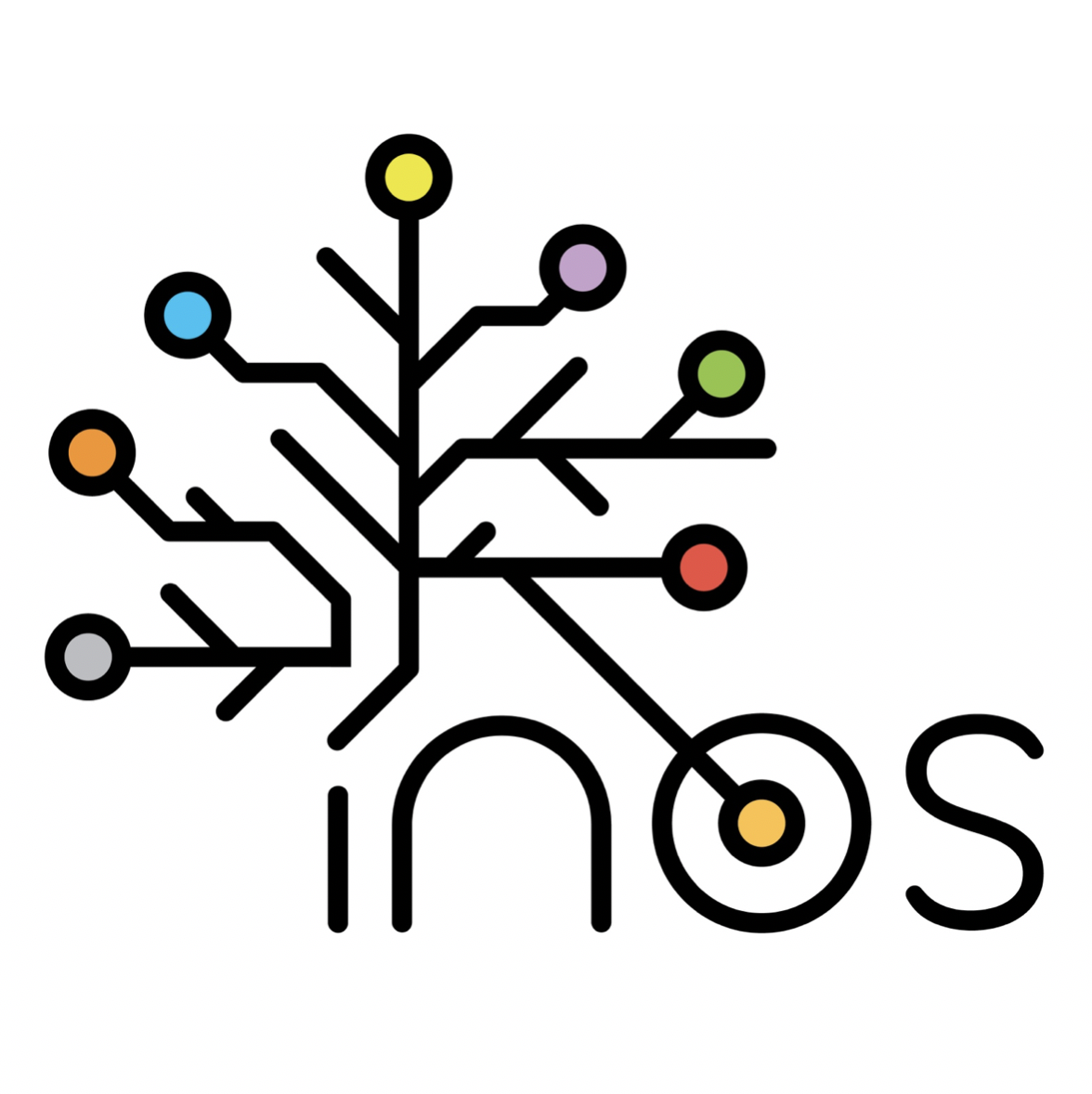
28 Jul Workshop Report – CITIZEN SCIENCE: WHY GET INVOLVED?
On 17 May 2021, 31 participants representing academic and administrative staff, students, library staff and researchers of the University of Turin and Biblioteca Norberto Bobbio, got together to discuss anything and everything Citizen Science. The gathering was organised within the framework of the Integrating Open and Citizen Science into Active Learning Approaches in higher Education (INOS) project. It was designed to introduce all involved to what Citizen Science is and the challenges associated with its implementation, and to discuss ideas around Citizen Science, including its controversial aspects.
Like most online events, the workshop was clear in its structure, timing and methods. However, unlike most other events, this workshop was designed to take the immediate interests and needs of the participants into consideration and adjust the plan as necessary. When asked at the beginning of the workshop, participants said they craved information, knowledge, inspiration, ideas, networking, and interesting examples of the implementation of Citizen Science in Higher Education.

To address this need, the workshop started with an introductory presentation by Mia Ridge (Digital Curator at the British Library, Principal Investigator at Collective Wisdom, Co-Investigator at Living with Machines, Member of LIBER CS Working Group). Mia discussed what Citizen Science and crowdsourcing are, providing a library perspective on the benefits and challenges of engaging with Citizen Science, and gave several examples of Citizen Science projects in different disciplines.

Penguin Watch Talk: an intriguing real-world example of Citizen Science in action
While the workshop foresaw a short Q&A session after the presentation, it had planned for the discussion to take a more organised form, for which controversial statements about Citizen Science were prepared. However, the workshop adapted to participants’ needs, and the Q&A developed into a lengthy discussion of its own accord. The participants’ curiosity and excitement about the event made for a fantastic environment that stimulated an open discussion.
After the Q&A and discussion, participants ended the workshop with a further discussion of some controversial statements, such as:
“In practice citizen science means exploitation of free labour for the collection of data for scientific analysis”
and
“Involving citizens without academic and/or research background into the research process can compromise the quality of data and negatively affect research credibility.”
Based on participants’ evaluation of the event, they enjoyed the discussions and were happy that the workshop was adjusted to their needs in real time, instead of rigidly following a pre-planned programme. Judging by the reaction of all involved, the workshop sparked new ideas and possible collaboration opportunities that we are looking forward to hearing about in the future.
Download the presenters slides through the INOS Zenodo site.
Watch the recorded workshop on the INOS YouTube Channel.

